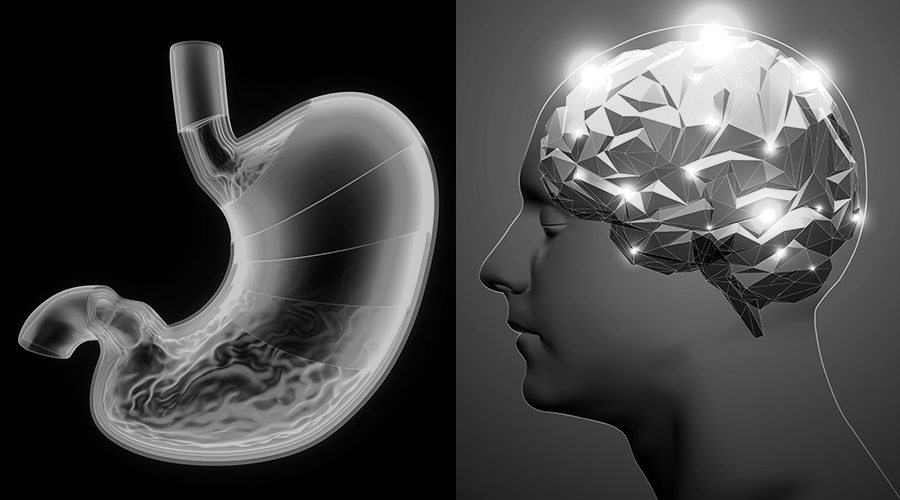What follows is a transcript from the discussion with renowned sexual biohacker, Susan Bratton, on the the biohacking tools you need to extend your 'sex span' for longevity.

What follows is a transcript from the discussion with renowned sexual biohacker, Susan Bratton, on the the biohacking tools you need to extend your 'sex span' for longevity.

What follows is a transcript from our Collective Insights episode with Dr. Molly Maloof that discusses why humanity is facing an “energy crisis” and approaches commonly used by biohackers to optimize mitochondrial health.
Discover how our bodies are teeming with trillions of microbes that play a pivotal role in shaping our health, immunity, mental health, and even weight regulation.
What follows is a transcript for a Collective Insights encore episode where Daniel Schmactenberger and Dr. Nafysa Parpia explored how gut dysbiosis, toxicity, and underlying infection affect brain function and chronic illness.
What follows is a transcript where we explored the fascinating power of the gut-brain axis and its influence on our health and mood.
What follows is a transcript for a discussion with world-renowned gastroenterologist, neuroscientist, and best-selling author of The Mind Gut Connection and The Gut Immune Connection, Dr. Emeran Mayer.
Learn about the ingredients in our all-in-one gut performance support, Qualia Synbiotic.
What follows is a transcript from our discussion with Dr. Chris Palmer on the neuroscience linking mental disorders to a metabolic disorder of the brain, shedding new light on how our brains function and the potential for innovative, whole systems treatments for mental disorders.
Psychobiotics are probiotics and prebiotics for the brain. But can psychobiotics really influence cognition, stress responses, mood, and emotional regulation? Read to learn more.
Expert approved ways to balance your gut microbiome health to benefit overall health and cognitive function.
Is science on the cusp of changing the future of disease prevention via a deeper understanding of an individual’s biology at a molecular level?
Naveen Jain, Founder of Viome, debuts as our guest host, along with fellow colleague Dr. Hanon, taking us on a thrilling discussion of how gut microbiome research is leading the future of both disease prevention and longevity.
In an eye-opening discussion we tackle false dogmatic nutrition beliefs that are impacting both our microbiome and cognitive function.
New areas of neuroscience are looking from the bottom-up, focusing on how the gut impacts the brain. These findings and more have earned our gut microbiome the nickname “the second brain.”
Viruses are everywhere cellular life is present, often in unfathomable numbers. They mutate very often, frequently by recombining with other viruses. This means that new viruses are constantly being generated.
As we’ll learn in this article, viruses are very simple, but despite their simplicity, they are very effective and impressive little creatures. We’ll also learn how our immune system rises to the challenge.
The immune system is the collection of cells, tissues, and molecules that work together to recognize the healthy cells that make up the body, and protect us against the unfamiliar or damaged.
The immune system monitors our body continuously searching for certain categories of things that may threaten our health: infectious microbes, viruses, fungi, and parasites (i.e., germs or pathogens); toxic cellular products; and damaged or diseased cells, including senescent or tumor cells.

Just about every civilization throughout history has practiced some form of neurohacking - deliberately upgrading their physiologies to positively affect their mind and psyche. The consumption of probiotic rich and fermented foods, for example, goes back over 10,000 years.
Today, the emerging field of human microbiome research has indicated that gut microbiota may play an important role in influencing brain development, behavior, and mood in humans.

We may not immediately think of influencing the microbes in the gut when looking to improve brain function and mental health, but we should.